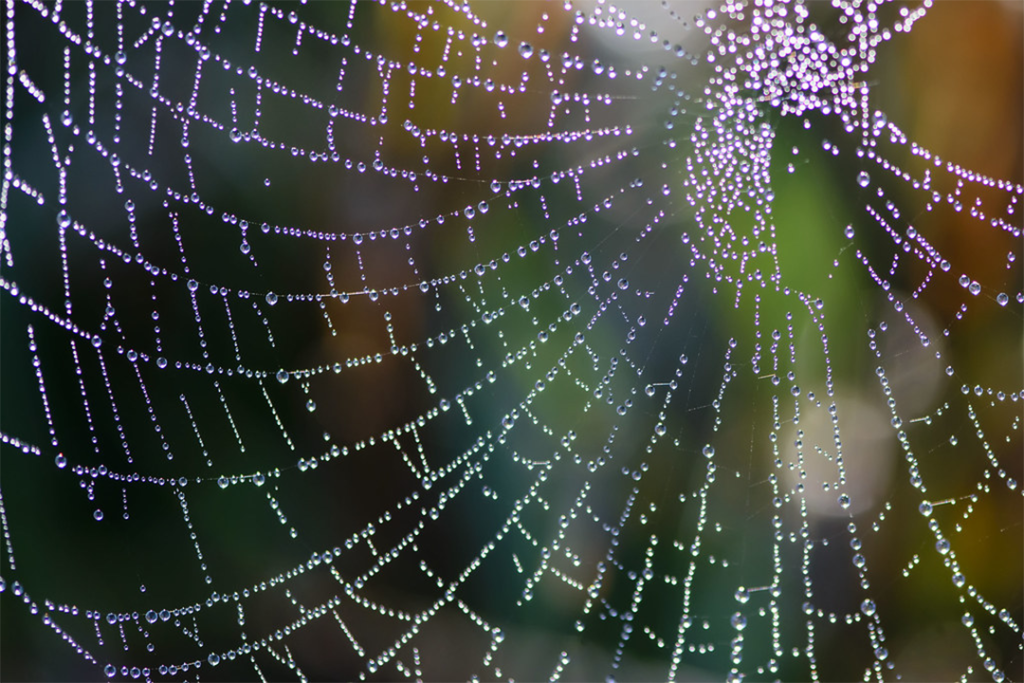St. Ignatius of Loyola (1491–1556 C.E.), famous for his “Spiritual Exercises,” was the Roman Catholic counter-Reformation founder of the religious order known as the Jesuits. He knew well the vagaries of the human heart. He recognized patterns of spiritual fluctuation ranging from periods of “consolation” to “desolation.” Experiences of consolation, marked by inner peace and tranquility, occur when the employment of Gospel virtue aligns with our holy desires, and we are motivated by an ardent love for God and God’s will. These are in contrast with experiences of desolation, when our flirtations with self-aggrandizement and consummate self-deception subvert our holy desires and lead us to act with self-centeredness and vainglory. He struggled with those inexorable pulls himself, and articulated a tertium quid, a third way, for his fellow Jesuit companions in his “least Society of Jesus.” This was the way that led to interior freedom, especially freedom from “disordered” or “inordinate” attachments, those unhealthy relationships, things, behaviors and ideas we just can’t let go of because our identity and self-worth depend on keeping them intact. Hyper-aware of the egoic need for assurance and self-promotion over-against our secret self-doubts that we are unworthy, unloved and decadent spiritual wastrels, Ignatius counseled exercitants (practitioners of his “Spiritual Exercises”) to get rid of inordinate attachments and do something else. He wanted spiritual sojourners to eschew outward pretense, attachments to titles and prestige, and appearances of greatness or superiority. Most important, he wanted to put his own will and the work of the Society of Jesus at the disposition of the Spirit of God, surrendering even his most dearly-held ideas and certitudes to the unfolding work of the Creator, the mysterious weavings of a God he found in all creation. He advocated what became a central tenet of Ignatian spirituality and discernment, agere contra, from the Latin for “to act against.”
Agere contra is a well-known practice for spiritual agility in dealing with ingrained habits, inordinate attachments and rote rubrics we are accustomed to in our daily ways of proceeding. The practice of “acting against” what we usually think and do is important precisely because it breaks us out of unhealthy patterns of thinking and acting. It is difficult for young adults to do this, for example, because external authority and validation make it almost impossible for them to swim upstream, think on their own, question assumptions, and act without deference to the formative group or significant mentors/peers. However, the challenge isn’t limited to those who are young and impressionable. It is even possible that a spiritual “saint” is in danger of not being able to let go of some idea or certitude and that such an attachment can get in the way of interior freedom. We might see that some alternative way of thinking and acting might be better for the good of the whole, for example, but we can’t let go of our own attachment to another way, so we dig in our heels and cannot relinquish our mindset or behavior. Even the most wizened spiritual master can fall into ways of thinking and acting that cannot ever be questioned or challenged because his or her worldview might be altered, and the unraveling of that worldview might affect hard-fought egoic identity, and thus personal meaning and self-worth.
As a global community, we seem to be stuck in some unhealthy patterns having to do with an idea or a worldview that we just can’t let go of, much less act against.
 One such idea is who we are as humans in relation to all of creation. The inherited notion is that we humans stand alone, apart or above the rest of creation. We come by this grand schema honestly if we inherited our misinterpreted—and seemingly sacrosanct—creation etiologies that suggest humanity was created as the apex of creation. We seem to “own” creation, and act as though we are lords and masters. When we operate out of this idea, creation is our natural resource repository, perhaps, our “property,” or perhaps merely a backdrop for the human drama of salvation. If we think this way, we are able to control creation as we please because creation is deemed lesser than humanity itself, disposable, and without any inherent value aside from our use, neglect or abuse.
One such idea is who we are as humans in relation to all of creation. The inherited notion is that we humans stand alone, apart or above the rest of creation. We come by this grand schema honestly if we inherited our misinterpreted—and seemingly sacrosanct—creation etiologies that suggest humanity was created as the apex of creation. We seem to “own” creation, and act as though we are lords and masters. When we operate out of this idea, creation is our natural resource repository, perhaps, our “property,” or perhaps merely a backdrop for the human drama of salvation. If we think this way, we are able to control creation as we please because creation is deemed lesser than humanity itself, disposable, and without any inherent value aside from our use, neglect or abuse.
What if we acted against that idea? What if we viewed creation with a post-Anthropocenic eye, and we saw our place as a strand in the Web of Life of which we are only a part?
Everything might change. The whole global ecosystem and myriad micro-ecosystems might thrive in the wake of such a seismic shift. We might recognize our embeddedness in creation and our absolute inter-dependency with creation. We might protect all creation as though our living, breathing, inter-being depended on it. We might find ourselves surrounded, held, loved, instead of needing to dominate, control and own.
There’s a story about a spiritual master whose disciple is learning to swim. The student puts her head in the water, breathes out, turns her head, takes a breath, goes back in, head-first, adds the arms, swish, swish. Now, she adds the legs, kicks back, takes a stroke, turns the head, breathes, another stroke. Puts it all together now. Pretty soon, the student is swimming like a fish. Exhausted, but swimming. She climbs the mountain, swims all the way down-stream, and decides she is ready for the raging river. She triumphantly conquers the raging river and goes on to the largest inland lake. Training, day after day, week after week, month and month after month for grueling years until she is ready to embark on swimming out into the ocean. On the day of her departure, she returns to the master and asks for a blessing. The master embraces the student, commending her on her years of preparation and skill, discipline and practice. “Now,” the master says, “you must learn how to float on your back.” “But Mistress, I have spent my whole life learning how to swim.” And the master says to her student, “Let go.”
When we fall back into the water of uncertainty, the unknown Mystery that is Creator, Source, the One, Chi, the Tao or Holy Being, we have to trust and let go. We have to act against being in control, in charge, above, superior, certain. If we learn to float, it’s all out of our control. We learn to trust that the principle of displacement works. We become buoyant. We trust that we are in the Grand Net of Love of which we are one tiny and totally dependent strand. We are caught in that Web of surroundedness, embeddedness, embrace. There’s truly “Nothin’ but Net.” Surrender.
Listen to John Denver’s take on Sweet Surrender here: https://www.youtube.com/watch?v=B6WMqFfpTAA.
—Laura Weber, Prairiewoods associate director and retreats coordinator


